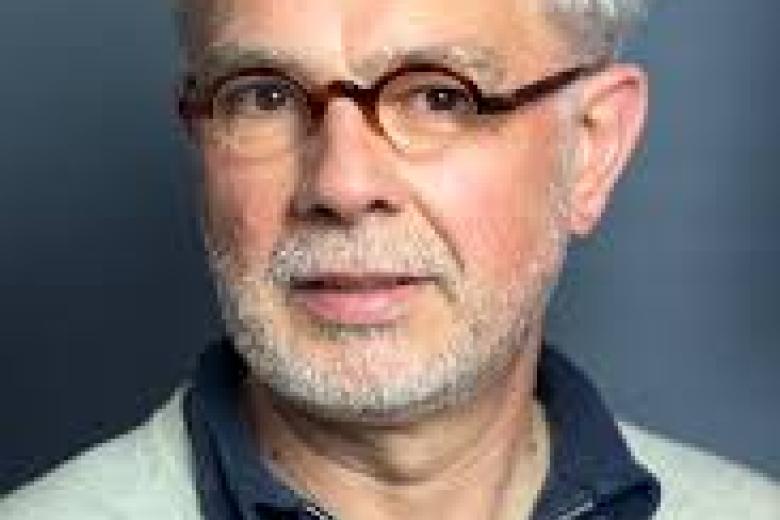The Limburg Principles Turned 30
The aim of this contribution is to assess what has been achieved since the adoption of the 1986 Limburg Principles on the Implementation of the International Covenant on Economic, Social and Cultural Rights for the realisation of these human rights.
Conference Maastricht Centre for Human Rights, 1 & 2 December 2016
30 years ago, the Limburg Principles on the Implementation of the International Covenant on Economic, Social and Cultural Rights were adopted in Maastricht. These Principles clarify the nature and scope of state parties’ obligations under the International Covenant on Economic, Social and Cultural Rights (ICESCR). The purpose of the 1986 expert meeting was to provide the newly established UN Committee on Economic, Social and Cultural Rights with ideas on the clarification of the nature of States Parties obligations resulting from the Covenant. At the time ESC-rights were not popular at all. The Limburg Principles have proven to be an important step in the development of a common understanding of economic, social and cultural rights as human rights and as full members of the human rights family, and not just as stepchildren. They have served as a source of inspiration for several General Comments adopted by the UN Committee and they have influenced greatly the academic discourse on ESC-rights. Notions such as ‘progressive realization of rights’, and the obligation to prioritize the realization of subsistence rights when allocating scarce resources, have become important signposts in assessing state’s compliance with these rights.
The aim of the recent conference on ‘The Limburg Principles and Migration’, was to assess the value and significance of the Limburg Principles in relation to the current migrant and refugee crisis in Europe. Specifically it aimed at addressing problems relating to the protection of economic, social and cultural (ESC-) rights in the host country of refugees, asylum-seekers, people who have been denied asylum and/or are undocumented and without a formal status.
In his keynote address Prof. Philip Alston (New York University School of Law and UN Special Rapporteur on Extreme Poverty and Human Rights) focused on the progress made in the international regime for ESC-rights in the last 30 years. He highlighted that ESC-rights are still not recognized as human rights by many governments, but as policy commitments or secondary rights. The debate about ICESCR was mostly political, however the Limburg Principles changed this and made the discussion more legal. The Limburg Principles brought more recognition of these rights and provided a forum for continued discussion, specialisation and a body of jurisprudence in relation to the ICESCR. Furthermore, the Principles make ESC-rights better understandable and make that States Parties report seriously about ESC-rights. One great achievement in this respect was the adoption in 2009 of the Optional Protocol to the ICESCR which provides for a right of individuals to lodge a complaint in case of an alleged violation of ESC-rights.
However, there is still a discrepancy concerning ESC-rights between what is achieved at the international and at national level. Although States Parties have recognized ESC-rights in their constitutions and have stated that these rights are justiciable, practice shows that ESC-rights are often seen as merely policy matters . Therefore, it is necessary to go back to the basis of ESC-rights: States Parties need to adopt further legislation on ESC-rights, establish institutions for monitoring, and provide for remedies to make these rights enforceable.
The main conclusion of the conference was that the Limburg Principles remain valid today, because they provide guidance for governmental legislation and policy in dealing with the challenge of protecting the ESC-rights of refugees, asylum-seekers and undocumented migrants.
The conference papers will be published in the Maastricht Series in Human Rights by Intersentia.
A.P.M. Coomans
Prof Fons Coomans holds the UNESCO Chair in Human Rights and Peace at the Department of International and European Law at the Faculty of Law, Maastricht University. He is the Director of the Maastricht Centre for Human Rights, and a member of the Netherlands Network for Human Rights Research.
